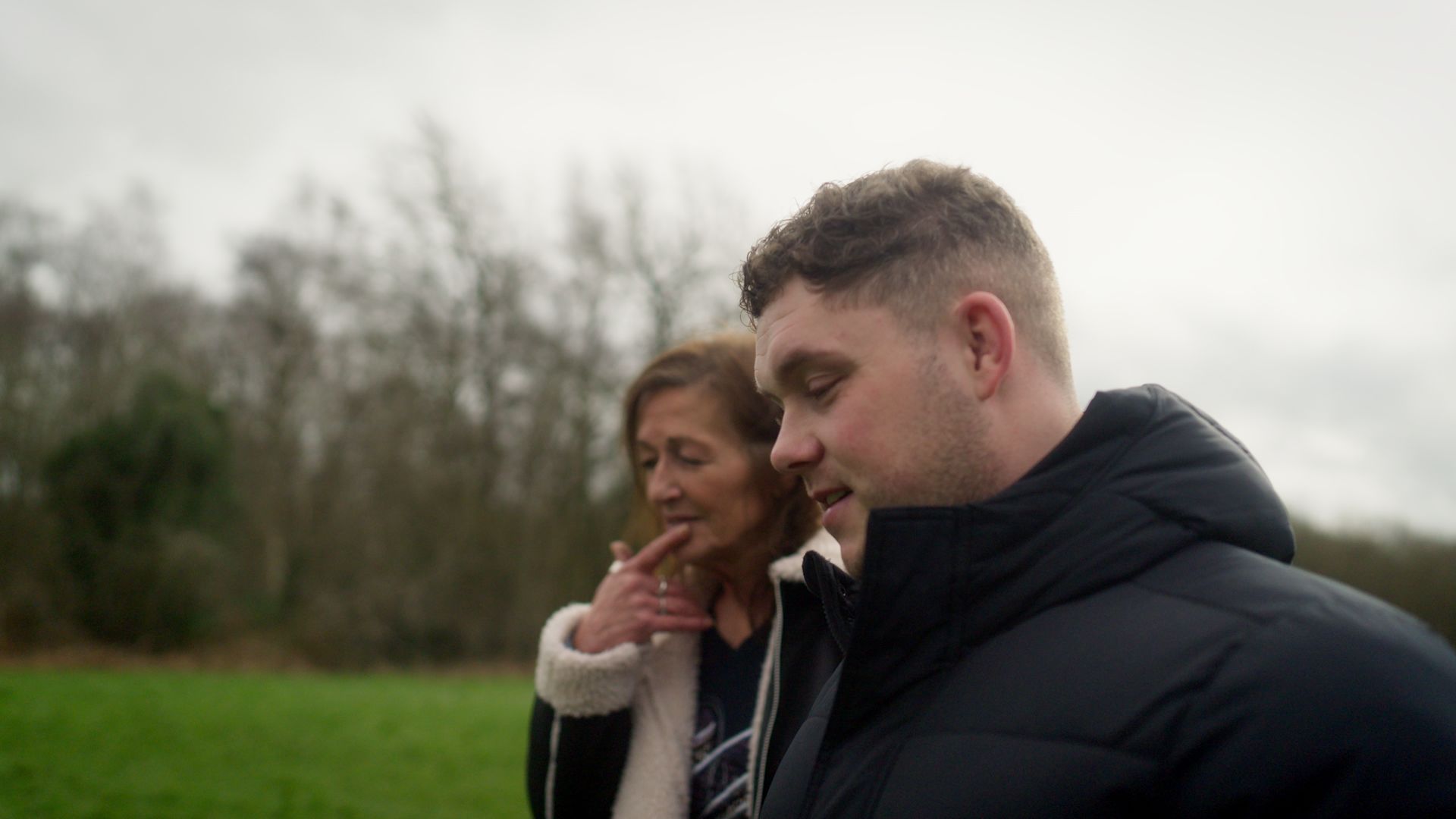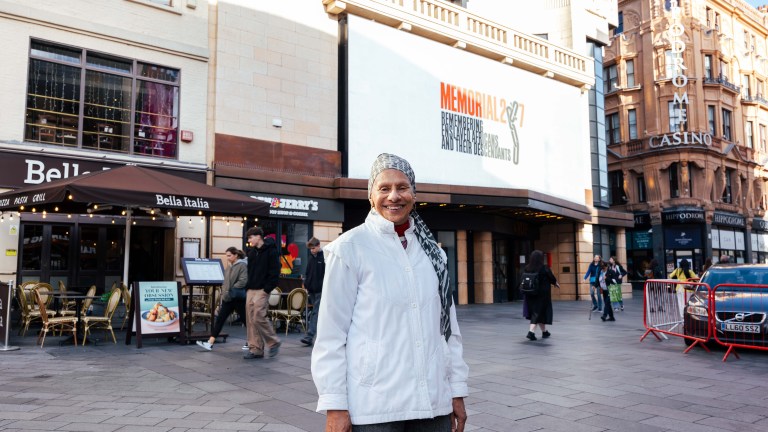It’s common knowledge that TV and film have a significant influence on shaping public perception. When it comes to on-screen portrayals of professions that we may have limited to no interaction with, this is even more pertinent, as our first experience is being shaped by what we see.
To elaborate, we value doctors and nurses highly because most of us have experienced the difference they can make to lives. From an early age, we develop an understanding that these individuals are here to help and support us.
While social workers support millions of people every year, there are still many people who have never come into contact with a social worker. They may go through most of their lives without doing so until a unique circumstance requires their support. Therefore, our opinions about social work can largely be based on what we have seen on TV and in the media.
Unfortunately, portrayals of social workers, both on and off-screen, are all too often inaccurate and unrepresentative. Social work is an incredibly complex profession, working in a range of settings, which spans more than just child protection and safeguarding. Yet, this is something that often fails to come across on TV and in film. Similarly, a key part of a social worker’s role is to get to know the individual and families they are working with in order to support them to achieve the best course of action. These qualities and skills are regularly replaced, however, with dramatised scripts in which social workers arrive at a house unannounced, with a lack of compassion, appearing intrusive, and working in isolation.
- ‘A national scandal’: Shocking number of kids living in dangerously mouldy homes, social workers say
- Why we need to change the narrative for social housing
These portrayals are having harmful effects on the profession. We hear many social workers talk about how their job of supporting individuals is made harder by negative preconceptions. Recent research that was commissioned by Social Work England supports this, showing just 10% of social workers believe their role is well-respected in society. Perceived levels of respect for social workers among the public (44%) were also found to come well behind the levels felt for other key health and social care professionals including doctors (90%), nurses (86%), pharmacists (85%), and physiotherapists (85%).
At Social Work England our role is to regulate social workers in their vital roles to ensure that members of the public are protected and kept safe. As part of this role we must also make sure that members of the public have confidence in social workers.









